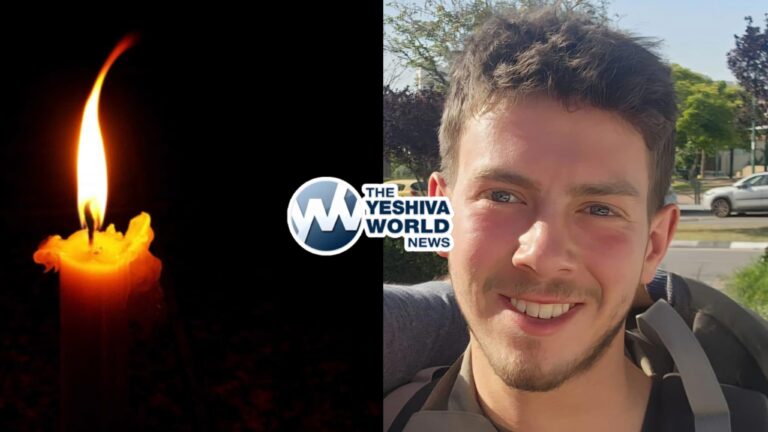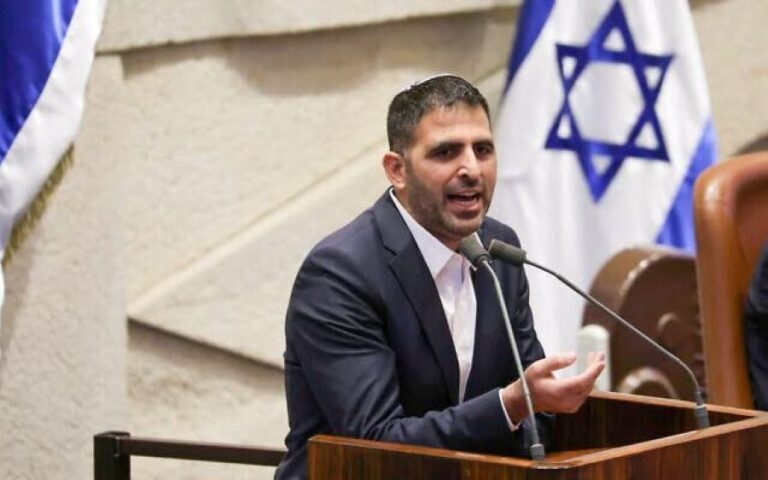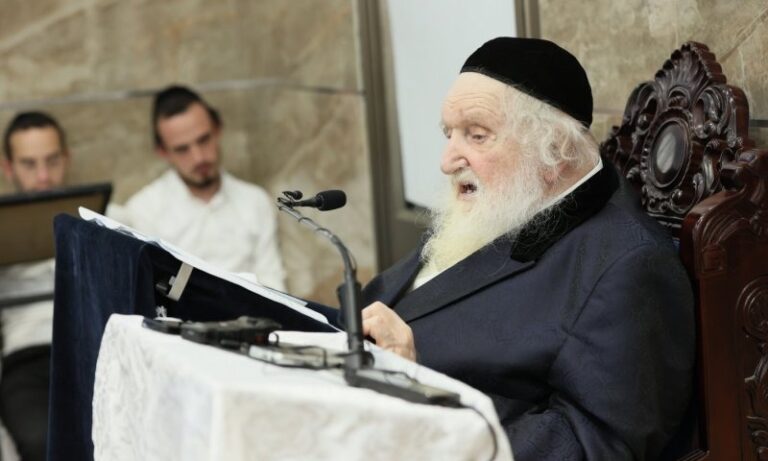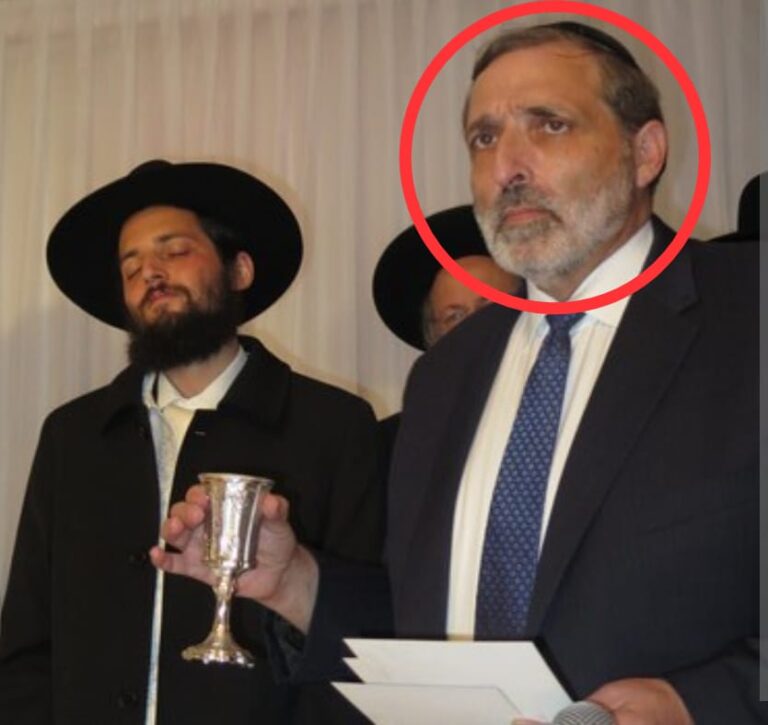In this weeks parsha Korach contests Moshe Rabbeinu as the leader of klal Yisroel and Aharon with his kehuna and as being the Nasi of Shevet Levi, which in turn created tremendous machlokes amongst klal Yisroel. Korach wanted to know why he wasn’t given an important position in klal Yisroel and why certain people held certain titles/positions? It is explicit from the pasukim that there was a test given to prove the authenticity of shevet Levi and that they were ‘chosen’ by Hashem as to be exclusive from amongst the children of Yaakov Avinu.
The pasuk starts (17:17) by Hashem telling Moshe to advise each shevet to take their staff and inscribe the name of their nasi on it and bring it to the ohel moed to be chosen from. When they were all there, He will choose one staff (shevet) that will blossom for all to see. Shortly thereafter (17:23), it states that the staff of Aharon (which represented shevet Levi) was the staff that blossomed and sprouted almonds. Moshe brought out all the staffs, from all the shevatim, and everyone saw how the staff of Aharon blossomed; thus proving to all that he was chosen by Hashem. The pasuk ends that after each shevet saw how shevet Levi was chosen from Hashem, they all took their staffs back.
The simple question here is why are the shevatim taking back their staffs? What significance was there in their staffs that weren’t chosen? Were they simply a souvenir?
Secondly, from the fact that there was a test done to prove shevet Levi’s authenticity must infer that there is some kind of uniqueness that shevet Levi had obtained. What was so special about shevet Levi that they were ‘chosen’ and that they proved themselves chosen from this test?
When the Bnei Yisroel conquered Eretz Yisroel all the Shevatim received some land to build on it, invest with or to develop on for their livelihood. That is, every shevet except Shevet Levi who wasn’t given any land. With this we can answer the question; Shevet Levi was chosen because they were willing to forfeit any land and all mundane arrangements to spend their entire lives around Torah and around the Mishkan. As long as they were surrounded by ruchnious they were willing to forgo all materialistic pleasure.
Rav Zalman Sorotzkin zt”l, says, all the other shevatim were willing to forgo their portion in Eretz Yisroel for the privilege to be surrounded by Torah. Every shevet produced a staff but at the end it was Aharon’s staff that budded almonds. Every nasi brought home his staff to show his wife and his children that they too tried to live a life of Torah; they tried to forfeit all their gashmiyus and to dedicate themselves to a lifestyle devoted to Hashem and His Torah. But they weren’t chosen!
Every single person-whether they were zoche to reach a certain level of yiddishkeit or not-has to show his wife and his children that he tried; he wanted to; he was prepared to live that type of life on that type of level but plain and simple wasn’t chosen.
The purpose of the staff was to be mechazek them. Every time they saw that staff, the one that wasn’t chosen, it reminded them of what happened and strengthened them in their limud hatorah. A person could say I tried; I spent five, ten or fifteen years in kollel but I couldn’t do more; I tried. They showed everyone their she’ifus (desire) through their staff.
In the times of European Jewry when all the bochurim came home for yom tov their fathers would all line up outside the house of R’ Chaim and bring their children who had come home from out of town yeshivas, to wish him a good yom tov.
They would say ‘my son is learning in Baranovich; mine in Kaminetz; mine in the Mir’, etc…There was this one father who was on line and his son wasn’t in yeshiva but rather in college, in Berlin. As the line quickly moved forward this man found himself in front of Reb Chaim. Not sure what to say he overheard the man in front of him say that his son learned in Volozhin. As this man approaches he says ‘we wanted to send him to Volozhin but he ended up in Berlin‘. Rav Chaim said back to him ‘interesting…you had a desire to send him to Volozhin but you actually sent him to Berlin’.
When a person has a desire to do something he has to act on it. Besides the yearning he has to be willing to execute and carry out his desires too. We all have desires and we all strive to be better people. But are we willing to execute them and act on them?
May we all merit the day when we will once again be able to feel and appreciate the uniqueness in shevet Levi as they once again perform the avodah in the Beis Hamikdash b’karov.










